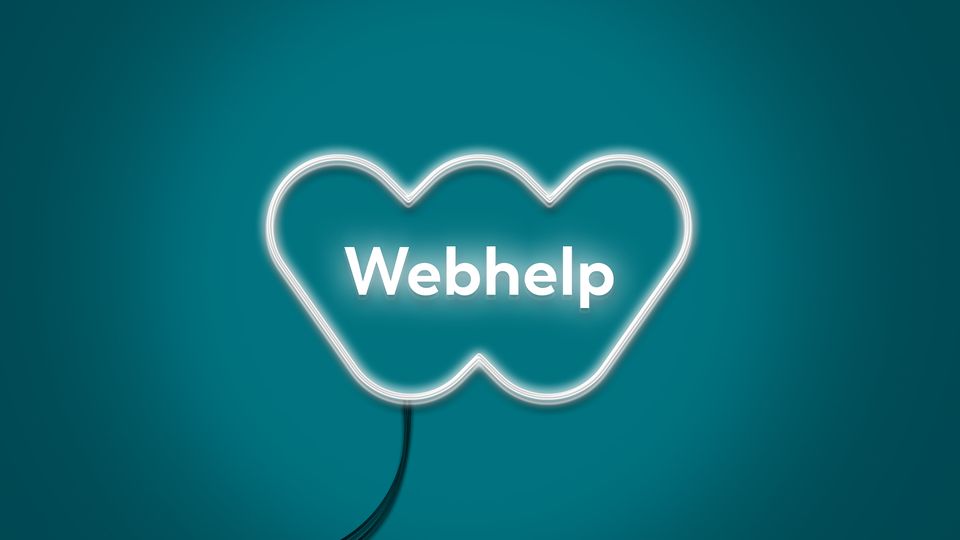The health crisis has accelerated remote sales development, radically changing B2B customer buying behaviors. To respond, Webhelp digitized its processes around two pillars:
Data is at the heart of these challenges. That’s why Webhelp Enterprise developed Lead Factory: a full-stack Microsoft B2B lead generation engine to better support customers and improve sales efficiency.
CHALLENGE: Optimize B2B lead generation with a Lead Factory to increase sales productivity and conversion rates
As the sales journey becomes more digitized, companies need top-of-the-line technologies to grow their customer base. A fundamental trend is emerging where B2B customer behaviors are converging with those of B2C (loyalty based on omnichannel criteria, need for responsive customer service, availability of stocks, etc.). Data and artificial intelligence can deliver at every stage of the funnel to guide salespeople to more effective sales strategies.
Yet, Webhelp Enterprise discovered a significant lack of accessible and usable data for identifying new prospects: companies either had databases but lacked updates or depth of information, or they had no data at all. Yet they expected their sales representatives to find leads themselves.
The challenge for the Lead Factory was to make it easier for sales teams to identify leads. Webhelp adopted an approach to accelerating revenue growth by designing and managing integrated sales journeys for B2B customers.
Several aspects merited consideration in this approach:
“It is essential to be able to quickly identify growing companies. Acting on the right signals and customer business drivers can give a boost to a sales operation and create additional value”.Etienne Turion – CEO, Webhelp Enterprise
Webhelp Enterprise turned to Artefact to develop a model capable of providing accurate and comprehensive data sets to help salespeople leverage available data and better address new demographics or regions.
SOLUTION
The Lead Factory: a tailor-made solution using Application Programming Interface (API) and Robotic Process Automation (RPA), validated by quick prototyping methodology
Through user stories and further analysis of the current ecosystem, Artefact crafted a data acceleration strategy that could provide effective sales solutions designed for each sales strategy.
A platform developed on UI Path Orchestrator sifts through massive amounts of data, performs quality checks and extracts relevant information, then delivers it all with additional context to sales agents directly into their workflow.
The Lead Factory was built under the quick prototyping methodology based on two use cases: the first to create data and the second to enrich it. In two months, Webhelp Enterprise confirmed that it was possible to build an agile solution that goes beyond firmographic data. The development of the solution followed with the help of Webhelp, its team of developers, the Microsoft teak stack and Artefact.
“This rapid prototyping approach allowed us to arrive at a quick decision with concrete operational feedback. A real and tangible result we could build upon.”Julie Cadalen – Head of Digital Transformation, Webhelp Enterprise
The solution developed is based on two technologies:
The process relies on automation to establish an integrated journey that constantly improves itself thanks to a feedback console.
A solution entirely developed in the Microsoft environment
A user interface was created on Microsoft Power Apps to allow members to share a request. Linked to Power Automate, the application sends a message to a Teams administrator when a new request is made. It then sends the details via Outlook email and then collects the information on SharePoint.
Webhelp Lead Factory also relies on easily scaled encapsulated architecture within a Microsoft Azure cloud solution. Functional and secure, Azure cloud allows Webhelp users around the world to access information. It guarantees real agility for constant software improvement.
Continuously enriched data to increase Lead Factory performance
The Webhelp Lead Factory provides various benefits:
The Lead Factory was designed to fit seamlessly into the Webhelp B2B offer. It ranges from data optimization to marketing automation (lead qualification, opportunity creation, conversion) to support sales teams who now focus on higher value-added tasks.
By constantly taking user feedback into account, the solution is continuously improved. And the more customers are integrated into the model, the more the Lead Factory improves, providing useful data and increasing its performance.
RESULTS: A customized sales model that generates additional revenue
The tool was designed to provide a tailored sales model that helps users better target, acquire, convert, onboard and develop high-value B2B customers. Market insight and accurate information from richer data enables salespeople to deliver service excellence at every stage of the process. They can better target their actions and generate qualified leads.
Full integration of the Lead Factory into the Microsoft environment provides an end-to-end experience to ensure customer success, from data to sales to demand generation.
“We’ve seen a 40% increase in productivity on some projects where customer data was poor as well as a 1:4 return on investment on projects where salespeople had to find leads themselves.”Julie Cadalen – Head of Digital Transformation, Webhelp Enterprise
The company was also able to obtain more quality leads through its acquisition funnel by reducing email bounce rates and increasing the amount of time agents dedicate to phone calls with prospects.
What’s next? Content optimization (customer email, meeting minutes, etc.) thanks to Azure OpenAI, a service from the 2019 partnership between Microsoft and OpenAI Chat-GPT. The service uses LLMs and OpenAI and can already ensure security, cloud elasticity and non-use of corporate data to train OpenAI models.
The features offered by the Lead Factory, developed with the support of Artefact, allow Webhelp Enterprise salespeople to focus less on maintaining database quality and more on fully engaging with future customers.

 CLIENT CASES
CLIENT CASES





